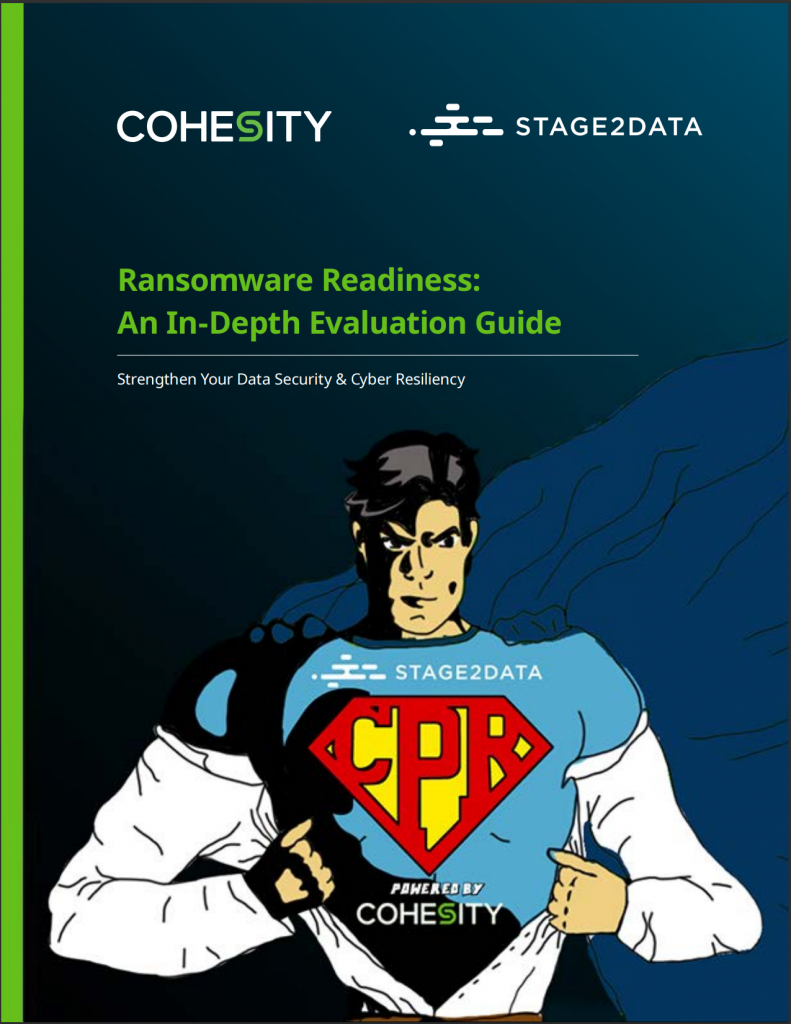You have made the important decision to roll out business continuity within your organization. Your next step is to engage a specialist business continuity service provider to help turn that decision into actionable steps. By asking the five questions below you should be able make an informed decision.
1. Cost
Most organizations are primarily concerned with finances, specifically justifying what they spend money on. The first question when considering a business continuity service provider should therefore be: Can the business continuity service provider design or offer a strategic solution that that works but also fits into my organization’s budget”?
2. Flexibility
Many IT environments are heterogeneous. This means that the environment includes both physical and virtual servers. You should therefore consider if your business continuity service provider can offer a solution that runs across your whole IT environment that can also adapt if changes become necessary in future?
3. Scope of the service
A proper service scope enables an organization to plan effectively for a disruptive event. It also allows your organization to prioritize those products and services that will be crucial during the implementations of business continuity. A firm question should therefore be: Does the business continuity service provider offer a fully managed service supported by service level agreements? Or does it merely dump information on external devices?
4. Track record and professionalism
Client references is a certain way to establish the track record and professionalism of a potential business continuity service provider; it allows you to distinguish between solid providers and fly-by-nights. It is important to understand that when a disaster occurs, recovery entails more than just mere access to data – a backup gives you access to data, but this is not business continuity. A reputable business continuity service provider understand the dynamic interplay between personnel, processes, and the technology that will get business operations up and running within the shortest period of time.
5. Security
It is not only your data but also your physical security systems that are vulnerable when disaster strikes. If you think you are prepared to keep your organization operational you have to consider whether your network, and by extension your physical security systems, will be able to withstand an unplanned outage. Can your business continuity service provider provide peace of mind concerning both physical and data security?
It has been proven by thousands of North American companies that we manage data securely and IT cost effectively while protecting key servers and data with flexible pricing; 100% Capex and Opex or a Hybrid.



